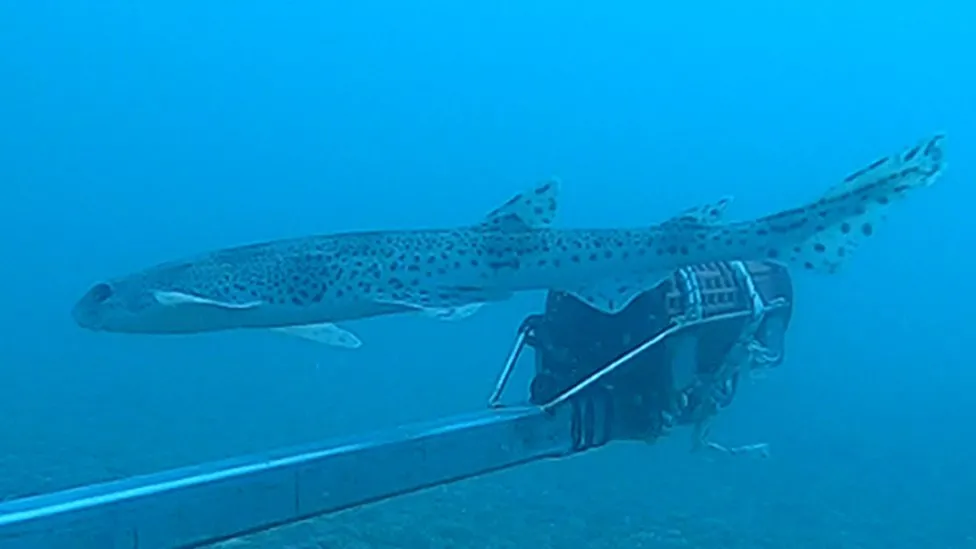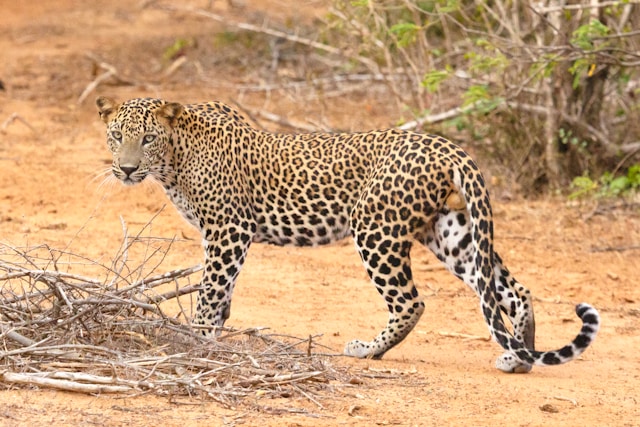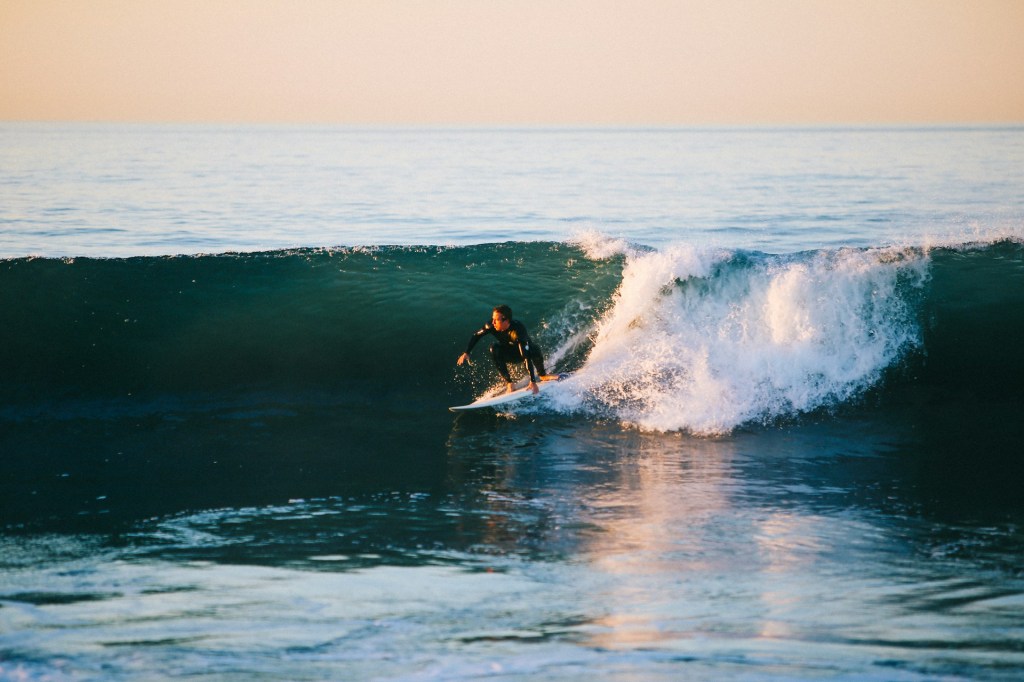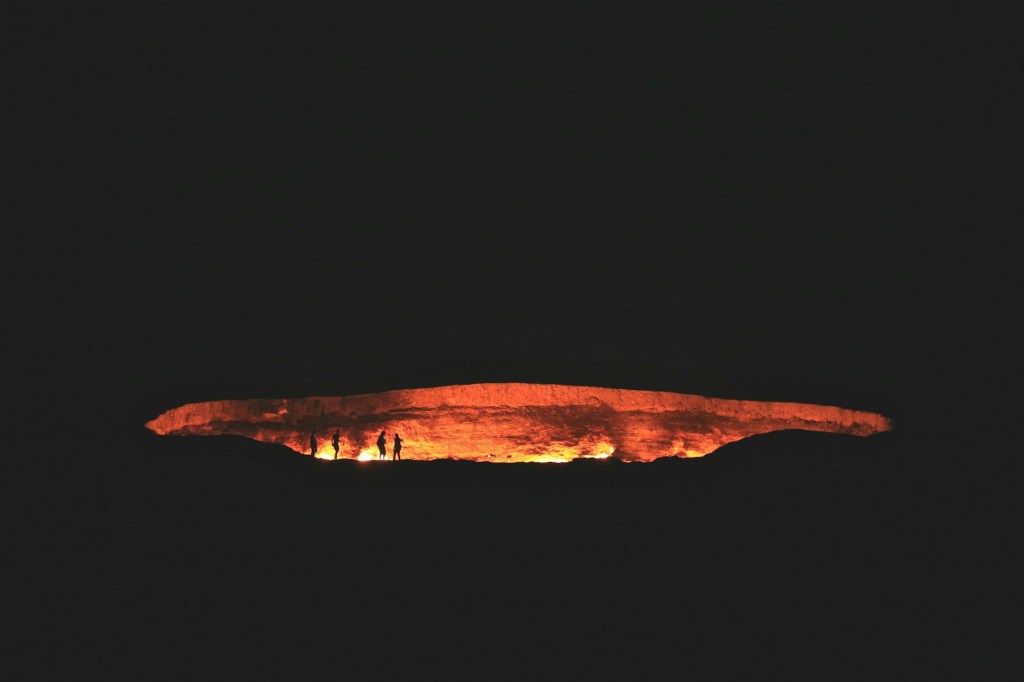Critically endangered shark and eel species found in British seas
Researchers from Sussex University have discovered the endangered tope shark and a rare European eel living off the costs of Sussex.

Image by Sussex University
In the study conducted by researchers at the University of Sussex to examine the improvements in marine life off the coast of Sussex, the endangered tope shark and the rare European eel were found among 81 other species such as the black seabream, cat-shark, and Atlantic mackerel.
The study was conducted to examine the impacts after authorities banned nearshore trawling, a fishing method used by fishermen, to protect the marine life in the region. Together with climate change and ocean pollution, experts claim that nearshore trawling significantly impacts the decline of marine species in British seas.
The researchers utilised biomonitoring tools such as the Baited Remote Underwater Video (BRUV) and environmental DNA (eDNA) to understand marine populations across 28 sites between Selsey and Shoreham-by-Sea in the South Coast of the UK. The study was conducted over a span of three years since the nearshore trawling ban was imposed.
Even though the species identified to be living in these regions are not endemic to the UK, the study is expected to contribute to marine conservation efforts in the region.
Speaking of findings, Alice Clark, a PhD student in the research team said:
“Coastal ecosystems suffer from a range of stressors including overfishing, habitat degradation, pollution and climate change, all of which can lead to population decline and a loss of diversity in species. Through this analysis, we have been able to discover so many different species in our waters, and I think people will be surprised to learn just how diverse this area of the UK coastline is.”
Commenting on the same, the Project Leads said:
“There is the urgent need to address destructive fishing practices globally. The seminal trawler ban by Sussex IFCA in 2021 being a leading example. Our team at Sussex are providing the critical evidence to understand ecosystem recovery upon removing human pressures, such as trawling, using emerging technologies such as eDNA.” – Professor Mika Peck
“This is a very exciting project, as it will allow us to closely monitor changes in the local marine community. We are very proud to be contributing to practical conservation efforts. Students at Sussex studying Ecology, Zoology and Animal Studies play a key role in the project and gain exceptional skills. They help analyse video footage and collect water samples: it’s a really hands on project which has enabled them to experience real-world conservation as part of their studies.” – Dr Valentina Scarponi
Similar articles that you may like:
Born Free Foundation releases two leopards held in illegal captivity into a forever home – Read Here
Oceanswell completes Cetacean diversity study in the Indian Ocean – Read Here


